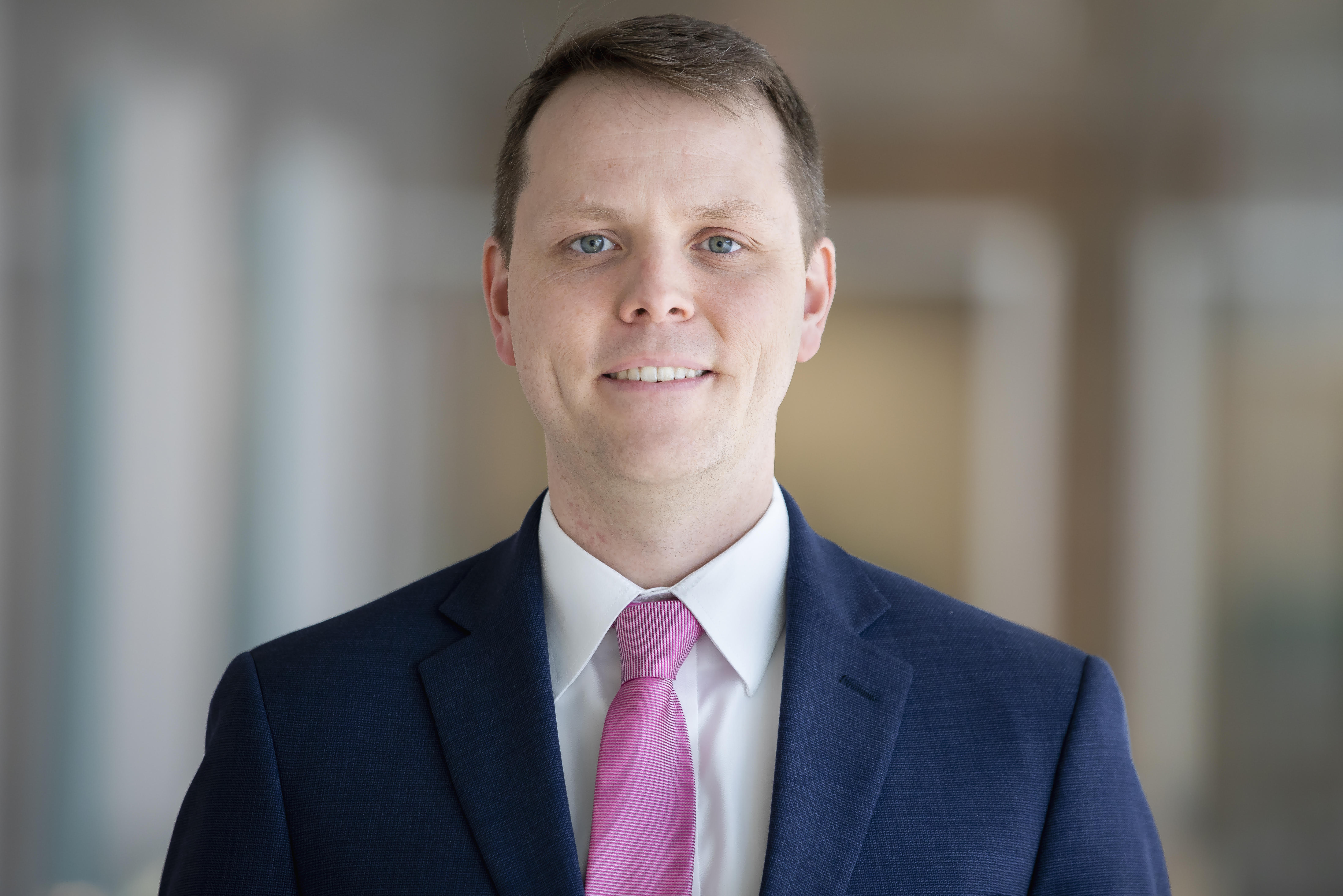1st ACM Workshop on Device-Free Human Sensing
A Buildsys 2019 Workshop
SubmissionA Buildsys 2019 Workshop
SubmissionChair: Sai G.S. Pai (EPFL)
Sameera Palipana, Stephan Sigg (Aalto University)
Shiwei Fang, Ron Alterovitz and Shahriar Nirjon (University of North Carolina at Chapel Hill)
Slah Drira, Yves Reuland, Nils F.H. Olsen, Sai G.S. Pai, Ian F.C. Smith (Swiss Federal Institute of Technology(EPFL))
Abeer Ahmad, Akshay Athalye, Milutin Stanacevic, Samir R. Das (Stony Brook University)
Laixi Shi, Mostafa Mirshekari, Jonathon Fagert, Yuejie Chi, Hae Young Noh, Pei Zhang (Carnegie Mellon University), Shijia Pan (University of California Merced)
Chair: Bradford Campbell (University of Virginia)
Md Fazlay Rabbi Masum Billah, Bradford Campbell (University of Virginia)
Hoonyong Lee, Changbum Ryan Ahn(Texas A&M), Nakjung Choi(Nokia Bell Labs)
Farid Ghareh Mohammadi (University of Georgia), M. Hadi Amini (Florida International University)
Sai G.S. Pai, Yves Reuland, Slah Drira, Ian F. C. Smith (Swiss Federal Institute of Technology, Lausanne (EPFL))
Jerome P. Lynch
Chair: Jorge Ortiz (Rutgers University)
Alemayehu Solomon Abrar (Washington University in St.Louis), Anh Luong (Carnegie Mellon University), Peter Hillyard (Xandem Technology), Neal Patwari (Washington University in St.Louis, Xandem Technology and Vita Sensors)
Alexander Tessier, Simon Breslav, Kean Walmsley, Michael Lee, Hali Larsen, Jacky Bibliowicz, Pan Zhang, Liviu-Mihai Calin (Autodesk Research), Bokyung Lee (KAIST), Josh Cameron, Rhys Goldstein, Azam Khan (Autodesk Research)
Zhizhang Hu (Carnegie Mellon University), Emre Sezgin (Nationwide Children's Hospital), Simon Lin (Nationwide Children's Hospital), Pei Zhang (Carnegie Mellon University), Hae Young Noh (Carnegie Mellon University), Shijia Pan (University of California Merced)
Admir Muric, Christos Anestis Georgiadis, Fisayo Caleb Sangogboye, Mikkel Baun Kjærgaard (University of Southern Denmark)
Murtadha Aldeer (Rutgers University), Musaab Alaziz (University of Basrah), Jorge Ortiz (Rutgers University), Richard Howard (Wireless Information Network Laboratory (WINLAB), Rutgers University), Richard P. Martin (WINLAB, Rutgers University)

Dr. Jerome P. Lynch Donald Malloure Department Chair of Civil and Environmental Engineering Director of the University of Michigan Urban Collaboratory Professor of Civil and Environmental Engineering Professor of Electrical Engineering and Computer Science University of Michigan, Ann Arbor, Michigan
A Computer Vision Framework for Human User Sensing in Public Open Spaces
The field of Urban design considers how people utilize public open spaces (POS) when designing spaces such as parks, plazas, and streets. Current methods of observing public space use rely on visual observation which consumes much time and effort to detect users’ physical activities in large POS; these methods also only provide qualitative observations of how patrons behave in these areas. Active sensors, such as wearable sensors and smart phones with GPS tracking capabilities, have high costs and cannot sense all users in a POS (namely, such sensors are "blind to" those without wearable sensors). Therefore, it is appealing to make use of video data from pre-installed surveillance cameras in POS to extract POS use information from video using computer vision methods. This paper proposes a sensing framework based on computer vision to measure human activities in POS. As part of the study, an extensively labeled datset of people and their activities in POS (termed OPOS) is used to train detectors. A case study of the proposed framework is presented using security camera feeds from a greenway at the Detroit Riverfront. The AP0.50 results of the trained detector are 96.3% for pedestrian detection and 96.5% for cyclist detection, respectively. These results show such an approach can reliably track patrons in parks to ascertain their behavior and to inform future POS improvements.
Dr. Jerome Lynch is the Donald Malloure Department Chair of Civil and Environmental Engineering at the University of Michigan; he is also Professor of Civil and Environmental Engineering and Professor of Electrical Engineering and Computer Science. In 2016, Dr. Lynch was appointed the Director of the University of Michigan Urban Collaboratory, a research institute that works closely with city stakeholders to prototype solutions to urban challenges using smart city technologies. Prior to the University of Michigan, Dr. Lynch completed his graduate studies at Stanford University where he received his Ph.D. in Civil and Environmental Engineering in 2002, M.S. in Civil and Environmental Engineering in 1998, and M.S. in Electrical Engineering in 2003. Dr. Lynch also received his B.E. in Civil and Environmental Engineering from the Cooper Union in New York City. His current research interests are in the areas of wireless cyber-physical systems, cyberinfrastructure tools for management of sensor datasets, computer vision methods for assessing societal resiliency, and advance sensors for damage detection and structural health monitoring. Dr. Lynch has been awarded the 2005 ONR Young Investigator Award, 2009 NSF CAREER Award, 2009 Presidential Early Career Award for Scientists and Engineers (PECASE), 2012 ASCE EMI Leonardo da Vinci Award and 2014 ASCE Huber Award.